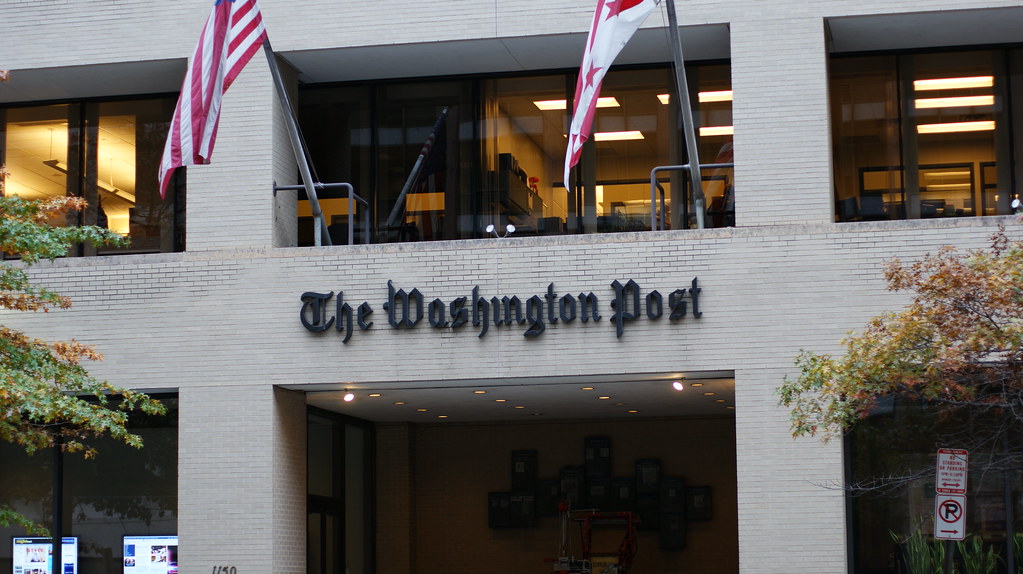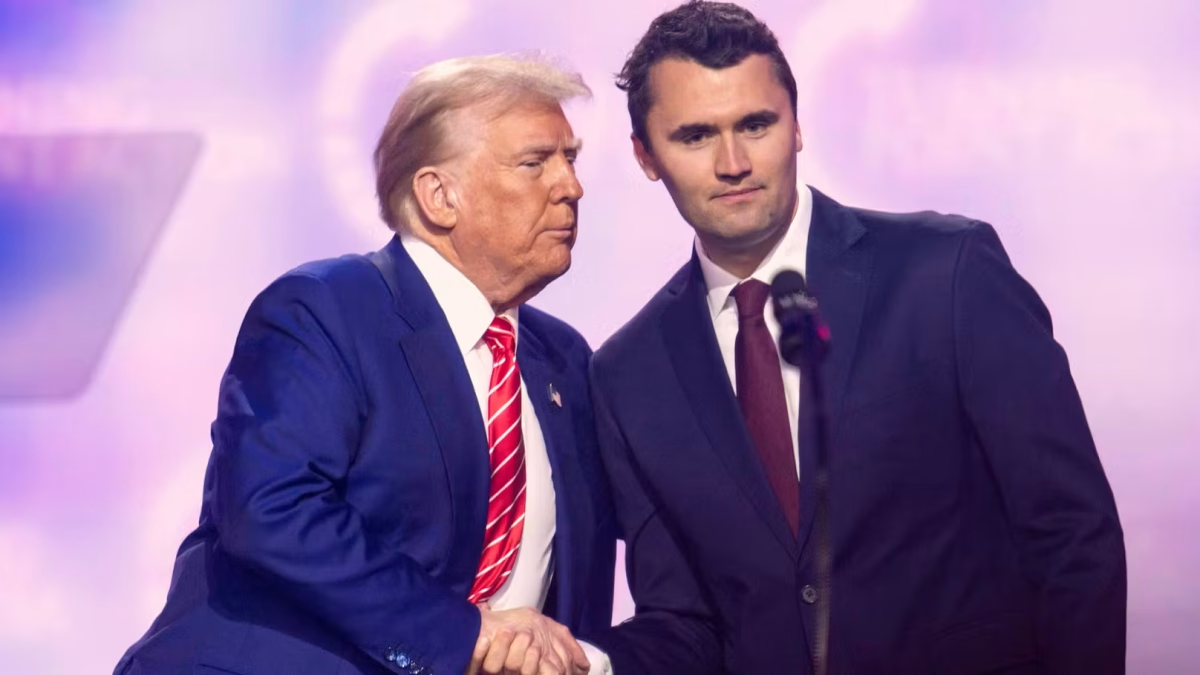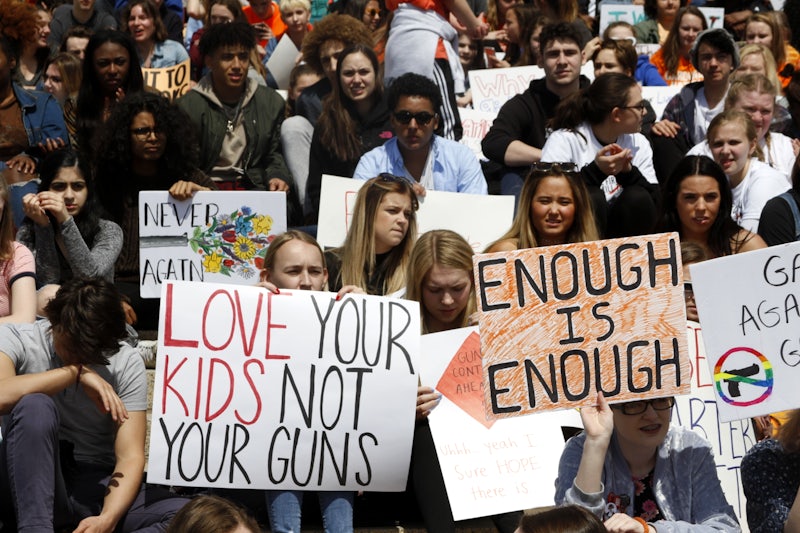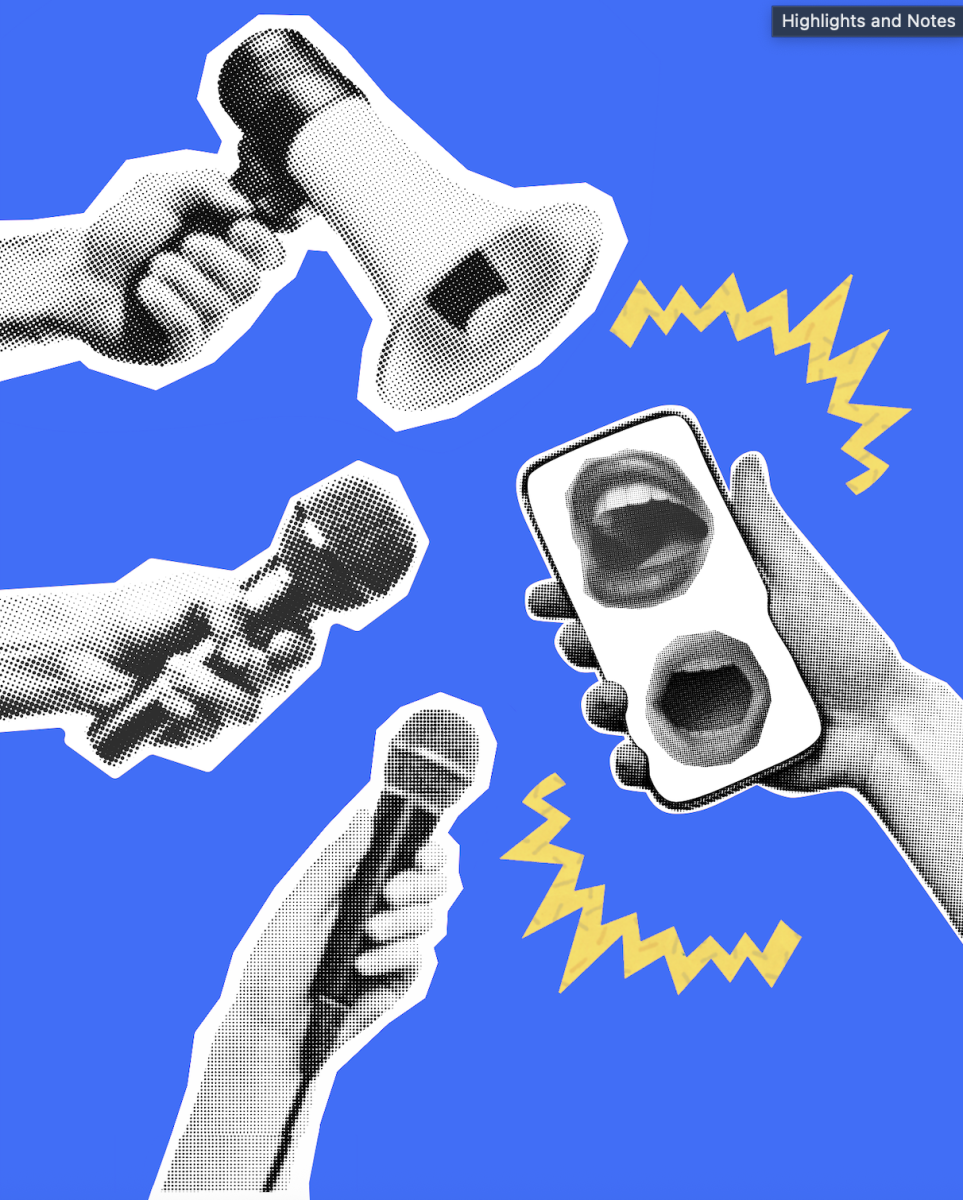It is tradition for major newspapers to endorse a candidate in every primary election. However, this election season is bringing new change and shifts in the concept of free speech.
This past Monday, The Washington Post was rocked by a barrage of digital subscription cancellations and columnist resignations. This was in response to Jeff Bezos, the Post’s owner, blocking the paper from endorsing a candidate. This is the Post’s first time not endorsing a candidate since the race between George H. W. Bush against Michael Dukakis in 1988. According to NPR, Chief Executive and Publisher Will Lewis explained the decision, stating it was a return “to our roots of not endorsing presidential candidates” and added that the paper would not be endorsing any candidates moving forward.
However, skepticism has risen over this rationale because of the close timing with November 5th. If a newspaper chooses not to endorse a candidate late in the election season, many are worried that it is because they’re avoiding taking a stance or trying to dodge potential backlash. It might also raise questions about the newspaper’s motives. Former Executive Editor Martin Baron voiced this in an interview with NPR’s Morning Edition on Monday. “If this decision had been made three years ago, two years ago, maybe even a year ago, that would’ve been fine,” Baron said. “It’s a certainly reasonable decision. But this was made within a couple of weeks of the election, and there was no substantive serious deliberation with the editorial board of the paper. It was clearly made for other reasons, not for reasons of high principle.”
Baron is most known for supervising the writing team that won two Pulitzer Prizes in 2018 for investigative reporting revealing allegations of sexual misconduct by Republican Senate nominee Roy Moore and national reporting on Russian interference in the 2016 presidential election. Because of his long-established reputation, Baron speaking out on this issue underscores the importance of ethical responsibility of journalists in our society. Baron’s perspective reflects a longstanding commitment to journalistic principles within a major news organization, particularly during a time when media credibility is often questioned.
Bezos, the Post’s owner and founder of Amazon, published an opinion piece in the Post Monday morning, saying the decision “was inadequate planning, and not some intentional strategy.” He also defended his decision to end presidential endorsements, calling it “principled.” By articulating his stance, Bezos seeks to emphasize the separation between his ownership of the Post and editorial decision, in order to mitigate perceptions that the Post is influenced by his personal or business interests. Moreover, in an era of division, promoting a non partisan stance may be an attempt to contribute to a more constructive political discourse, encouraging voters to engage with news critically rather than through a partisan lens.
However, this has not stopped many from questioning the timing and motivation of this decision. Bezos may be considering how political outcomes affect regulations and policies that impact his businesses. By not endorsing, he could be trying to avoid any perception of favoritism that might arise from supporting a particular candidate. Also, The Washington Post’s credibility is critical to its success. Bezos has a vested interest in maintaining reader trust, which might motivate him to avoid any actions that could be seen as partisan, thereby safeguarding the publication’s reputation. In essence, while Bezos’s motives for not endorsing a candidate might reflect a commitment to journalistic integrity, they could also be intertwined with his various interests in business, public perception, and political dynamics.
One former columnist who resigned, Robert Kagan, commented on CNN, that “We are in fact bending the knee to Donald Trump because we’re afraid of what he will do.” Kagan is referencing the broader cultural and political climate where many media outlets may feel constrained or intimidated by Trump’s rhetoric. This includes concerns that fear of backlash or negative consequences–such as accusations of bias, loss of audience, or even direct attacks–may lead to moderation of coverage.
On the campaign trail, Trump has threatened to exact vengeance on journalists and media outlets should he win the presidency once more. For instance, Trump frequently labeled unfavorable coverage as “fake news,” a term he used to delegitimize media reports that contradicted his narratives. He also targeted specific journalists and news organizations like CNN and The New York Times as “enemies of the people.” Thus, many are concerned with the implications of The Washington Post’s decision in this context.
As election day approaches, employees and readers of the Post continue to speak out, sharing their understandings of the decision and what it implies for the future of United States journalism once the outcome of the election is decided.










![[Charlie Kirk] by [Gage Skidmore] is licensed under [CC BY-SA 2.0].](https://flhsprospect.com/wp-content/uploads/2025/09/charlie-kirk-article-1200x800.jpg)

